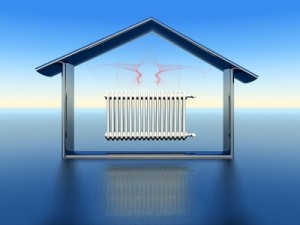 Another night down and another tip employed, time will tell whether any of these sleeping tips will make a difference on the scale or with the measuring tap and ultimately, on reaching my weight loss goal.
Another night down and another tip employed, time will tell whether any of these sleeping tips will make a difference on the scale or with the measuring tap and ultimately, on reaching my weight loss goal.
Tonight I am planning to mindfully make sure my bedroom is at a “cool” temperature. This shouldn’t be too hard because any temperature in Alberta is colder than California! Keeping my bedroom at 65°F (18°C) and dark is exactly how I like it. This temperature is scientifically proven to help people sleep through the night. The warmer your room, the harder it will be to sleep. Think ‘bat cave’ at a cool and crisp 65F/18C.
[Tweet “Think ‘bat cave’ at a cool and crisp 65F/18C. #sleep #tips”]
Studies have found that in general, the optimal temperature for sleep is quite cool, around 60 to 68 degrees Fahrenheit (16-20C). Temperatures that fall too far below or above this range can lead to restlessness. — “Do Cold Temperatures Improve Sleep?“
Many factors can influence which temperature is best for you including, of course, your choice of PJs and bedding. Most people, however, will find they sleep best by keeping the temperature in their bedroom no higher than 70 degrees F and perhaps even a bit lower than that.
Even though a cool room and a lower core temperature may help you sleep better, cold hands and feet definitely do not. Blood flow is a prime method of distributing heat evenly throughout your body. Cold extremities could be a sign of poor blood flow or of thyroid issues, which may result in sleeplessness. Personally, I find slipping a pair of warm socks on makes all the difference in the world.
Going for another great night’s sleep…zzzZZZ
Image courtesy of dan at FreeDigitalPhotos.net